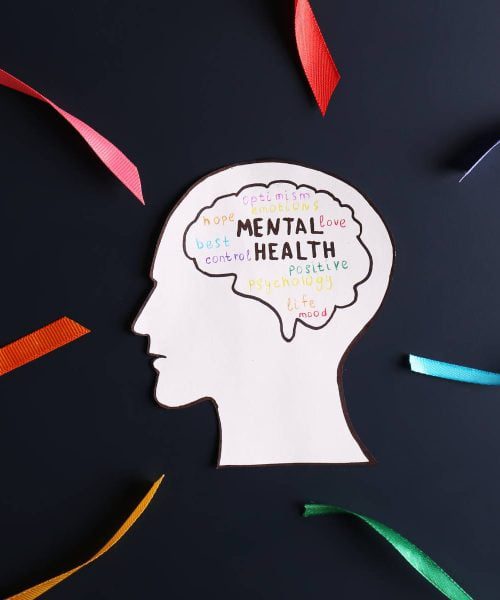Living with bipolar disorder can present unique challenges, but it doesn’t have to define your life. In addition to medication and therapy, there are various strategies and lifestyle adjustments you can incorporate to foster a meaningful and fulfilling existence. By building a strong support network, managing stress, and maintaining a structured routine, you can enhance your ability to cope with bipolar disorder and lead a more balanced life.
Cultivating a Supportive Circle
One of the most valuable resources for individuals with bipolar disorder is a strong support group. Surrounding yourself with people who genuinely care and understand your condition can make a significant difference in your well-being. Seek out individuals who radiate positivity and compassion, as their uplifting presence can counteract the challenges associated with bipolar disorder. Connecting with others who share similar experiences can provide a sense of belonging and reassurance that you are not alone in your journey.
Managing Stress to Prevent Mood Episodes
Stress is a well-known trigger for mood episodes in individuals with bipolar disorder. Therefore, it is crucial to actively manage and reduce stress levels to maintain stability. Incorporating stress-reduction techniques into your daily routine can be highly beneficial. Explore practices such as meditation, deep breathing exercises, or mindfulness to cultivate a sense of inner calm and relaxation. Taking regular breaks and engaging in activities you enjoy can also help alleviate stress. By recognizing your limitations and avoiding overcommitment, you can create a more peaceful and stress-free environment.
Establishing a Structured Routine
Creating a structured daily routine is paramount for individuals with bipolar disorder. By adhering to a consistent schedule, you can regulate your mood swings and promote stability. Establishing specific times for meals, snacks, rest, and sleep can anchor your days and provide a sense of predictability. Moreover, maintaining a routine can support healthy sleep patterns, which are crucial for overall well-being and mood regulation. Aim to strike a balance between rest and activity, ensuring that you allocate time for self-care and engaging in activities that bring you joy.
Embracing a Balanced Lifestyle
While these strategies can significantly aid in coping with bipolar disorder, it is essential to embrace a holistic approach to your well-being. Nurturing your physical health through regular exercise, a nutritious diet, and sufficient sleep can enhance your overall resilience and mood stability. Engaging in creative outlets, hobbies, or pursuing meaningful interests can provide a sense of purpose and fulfillment. Additionally, open and honest communication with your healthcare provider is crucial for fine-tuning your treatment plan and addressing any concerns that may arise.







